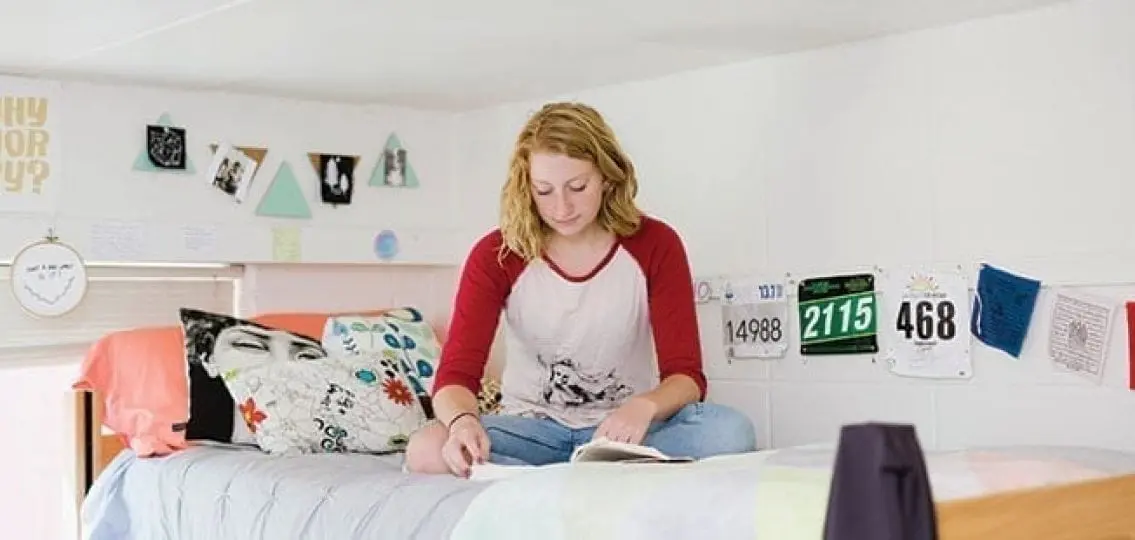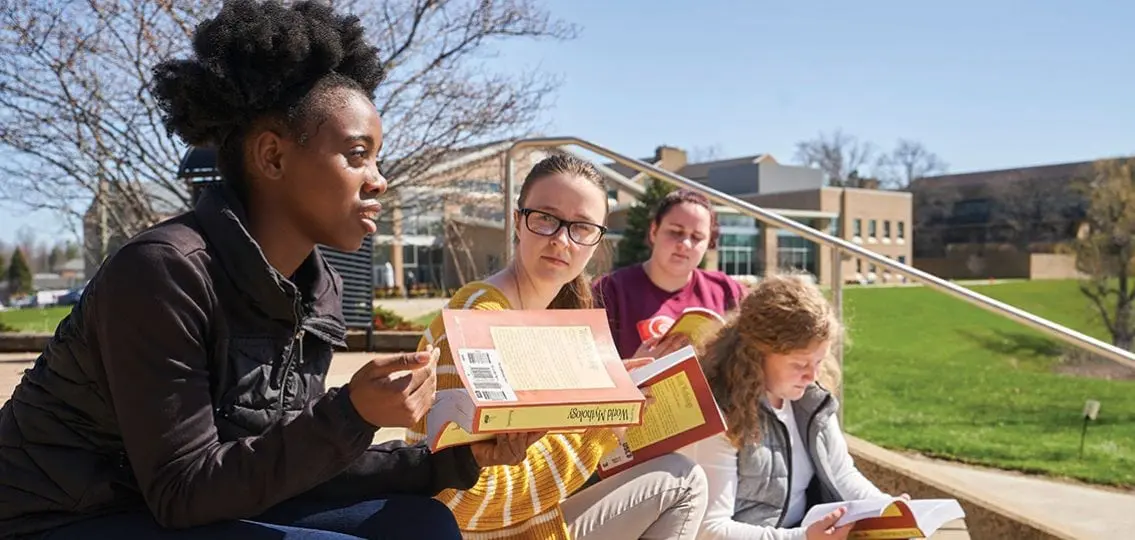Ever become so reliant on your GPS navigation that you feel utterly lost without it? It’s helpful to keep this metaphor in mind when raising teens with confidence.
If you always tell them which way to turn, they’ll feel lost without you. Conversely, the more you let them find their own way, the more confident they’ll be.

The Struggle to Raise Confident Girls
While all teens can benefit from this approach, girls may be the most in need of it. A national survey of nearly 1,400 girls, commissioned by The Confidence Code for Girls authors Claire Shipman and Katty Kay, found that confidence drops by 30 percent between the ages of 8 and 14. Additionally, three out of four teen girls worry about failing. Raising confident daughters can be a struggle.
[adrotate banner=”53″] Amy Lechko, associate dean of student affairs at Ursuline College, is familiar with this trend. She leads a Women’s Circle group on campus, where the conversation topics range from academics to body image to friendships.
Give Girls Room to Grow
One contributing factor may be well-intentioned parent interference, says Lechko.
Take, for example, the parent who called the college to request a different roommate for their daughter after viewing the prospective roommate’s Facebook page. “We live in a stressful society, with students experiencing a lot of anxiety, so I can understand why parents are more protective and apprehensive,” says Lechko.
However, parents who call to argue about a low quiz grade or to solve minor roommate disputes are not doing their kids any favors. “It’s important to let students handle these things on their own,” says Lechko. “When they realize they can handle tricky situations themselves, those are the things that will develop confidence.”
Raising Teens With Confidence: Be Like Siri
So, how do we get them there? Courtney Macavinta, CEO and founder of The Respect Institute, suggests parents of teens “switch from being the GPS to being Siri or Google Assistant.” That means only answering questions when asked rather than giving unsolicited advice or guidance.
“The key skill to hone as a parent is the ability to listen without fixing or giving advice,” shares Macavinta. “This forces your teen to start mapping out their own plans for small and big decisions.”
Macavinta believes that self-confidence is built through “action and experimentation.”
Giving teens the chance to try new things—and the freedom to make mistakes—is what gives them the gumption to try again.
Malissa Bodmann learned to let go when her 14-year-old daughter wanted to take part in an Australian summer exchange program for rising 10th graders. Though Bodmann and her husband were mostly receptive to the idea, Bodmann says she “had an internal freakout for a month” before her daughter left, worrying about how she would handle the solo flight.
In reality, making the trip on her own gave Bodmann’s daughter a huge boost in self-confidence. “She had to navigate layovers, gate changes, and going through customs without an adult,” shares Bodmann. “Travel forces kids to find their voice because they need to learn to speak up and advocate for themselves if they need something. And it pushed her to take risks and try new things, like sand-dune surfing.”

Letting teens find their own way doesn’t mean that parents have to step out of the picture completely. Rather, Ursuline’s Lechko would like to see parents lead by example, rather than leading the way.

“As mentors and role models, we need to be cognizant of the messages we’re sending, and demonstrate how to ask for help or self-advocate,” she says. “Young women need to see their mothers and other women modeling the confidence we want them to have.”




